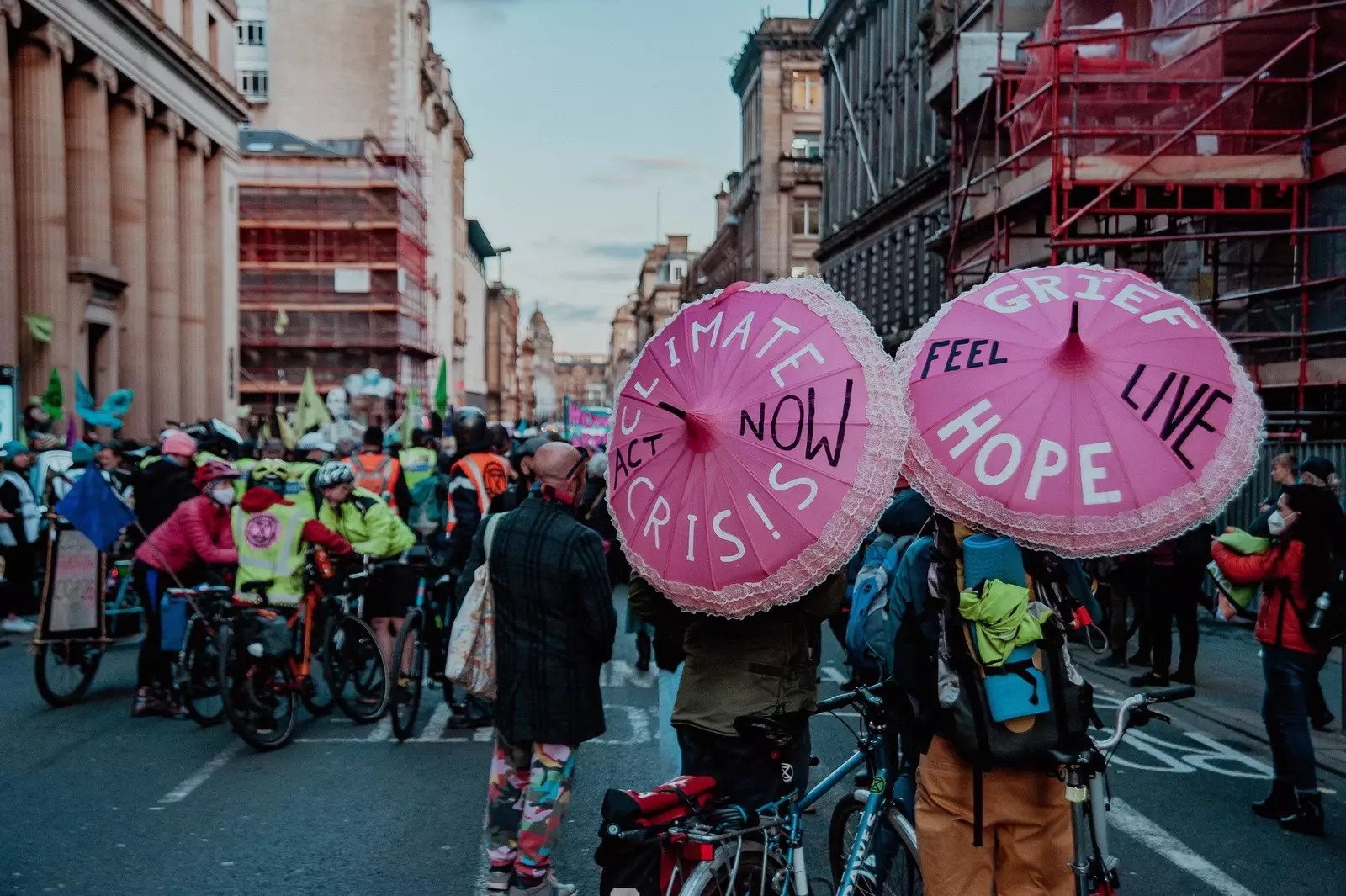Microsoft four-day work week ‘boosts productivity’
Microsoft Japan said sales had been boosted by nearly 40% during an experiment in which staff worked a four-day week on full pay.
Offices were closed on every Friday of August 2019 and full-time staff were given “special leave”, which was paid.
Meetings were restricted to a maximum of 30 minutes and online discussions were encouraged as an alternative to face-to-face.
Japan has some of the longest working hours in the world.
‘Rest smartly’
A 2017 survey suggested nearly a quarter of Japanese companies had employees working more than 80 hours overtime a month, often unpaid.
Microsoft’s Work Life Choice Challenge 2019 Summer experiment was popular with 92% of the staff it surveyed after the event.
During the month-long trial, electricity consumption had been reduced by 23% and paper printing by 59% compared with August 2018, Microsoft said.
The technology giant said it was planning to implement a second Work Life Choice Challenge this winter but would not be offering the same “special leave”.
Staff would, however, be encouraged to take time off to “rest smartly”, it said.
Six days
In contrast, Jack Ma, co-founder of Chinese online shopping giant Alibaba, has championed 12-hour working days.
In April 2019, he described the “996” pattern, in which workers do 09:00-21:00 shifts, six days a week, as “a blessing”.
A report commissioned by the Labour Party in the UK suggested a four-day working week would be “unrealistic”.
“Even though some people are compelled to work shorter hours than they want to, most people are compelled to work longer hours than they want to,” the report. released in September, said.
Many workers find going part-time or reducing their days means they end up having to squeeze the same amount of work into the time they do have.






